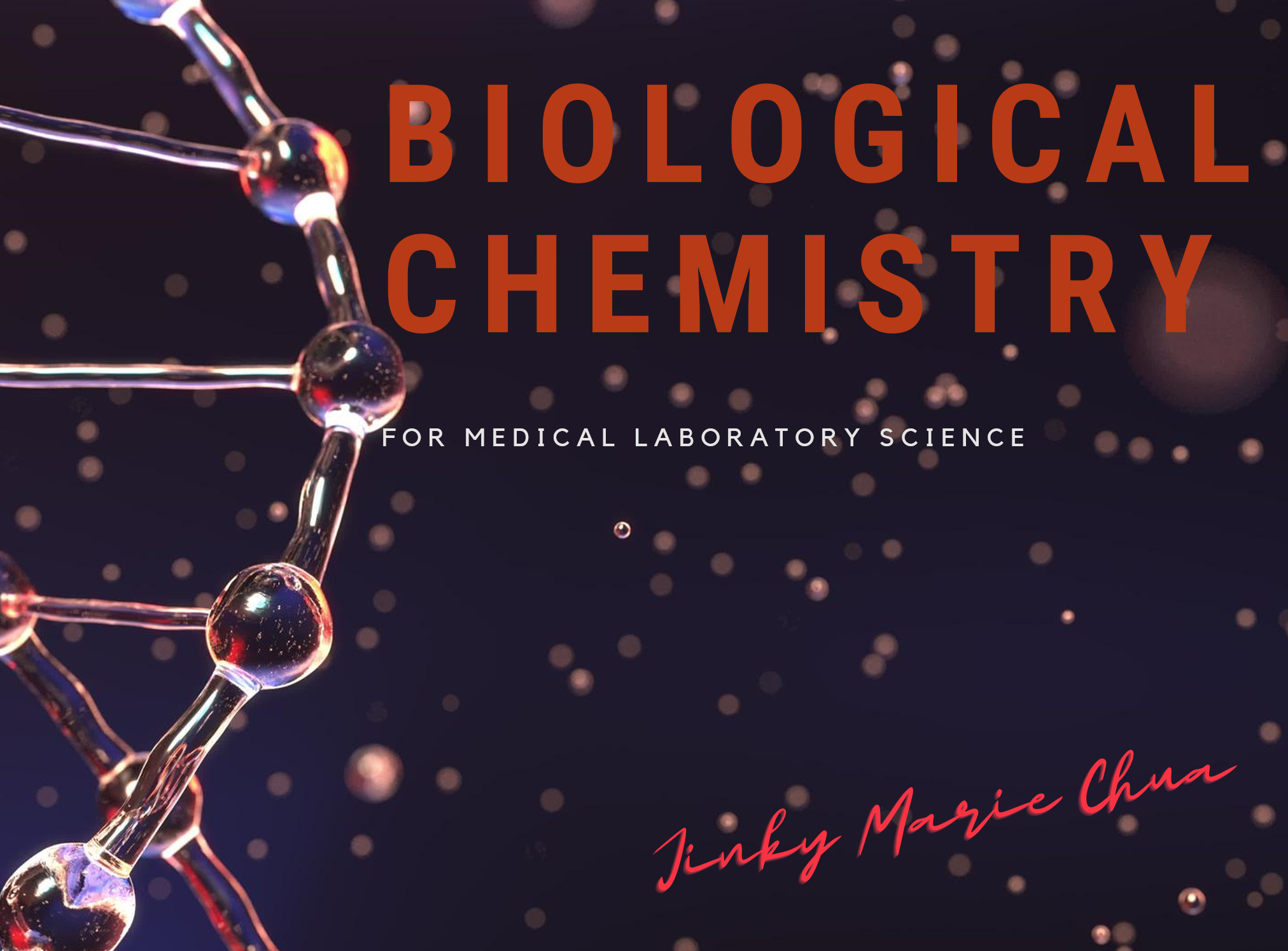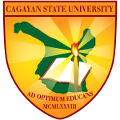Search results: 2196
This course is a rational comprehensive study of
inorganic and organic compounds correlating the concepts of molecular
organizations with their chemical behaviour. This includes a comparative study
of different classes of organic compounds, their type of formulas, nomenclature
and occurrence, together with the structural effects on their physical and
chemical properties, synthesis reactions, sources and application/uses of
common organic compounds are also taken.
This course is intended to acquaint students with the properties, reactions, sources, structure, functions, and biosynthesis of the biomolecules, namely, proteins, carbohydrates, lipids and nucleic acids, found in the living systems. It includes different metabolic processes where these biomolecules are utilized and how the metabolic processes are integrated into the total metabolic function of the living system. An understanding of these biochemical systems and chemical reactions will give a better appreciation of their roles in the maintenance of life and order in the body
 This course is an upper level undergraduate course! You may find that it is challenging. It covers one 5-unit semester of biochemistry with 3 lecture units and 2 laboratory units. This course is intended to
acquaint students with the properties, reactions, sources, structure,
functions, and biosynthesis of the biomolecules, namely, proteins,
carbohydrates, lipids, and nucleic acids, found in living systems. It includes
a study of the different metabolic processes where these biomolecules are
utilized and how the metabolic processes are integrated into the total
metabolic function of the living system. An understanding of these biochemical
systems and chemical reactions will give a better appreciation of their roles
in the maintenance of life and order in the body.
This course is an upper level undergraduate course! You may find that it is challenging. It covers one 5-unit semester of biochemistry with 3 lecture units and 2 laboratory units. This course is intended to
acquaint students with the properties, reactions, sources, structure,
functions, and biosynthesis of the biomolecules, namely, proteins,
carbohydrates, lipids, and nucleic acids, found in living systems. It includes
a study of the different metabolic processes where these biomolecules are
utilized and how the metabolic processes are integrated into the total
metabolic function of the living system. An understanding of these biochemical
systems and chemical reactions will give a better appreciation of their roles
in the maintenance of life and order in the body.
This course is intended to acquaint students with the properties, reactions, sources, structure, functions, and biosynthesis of the biomolecules, namely, proteins, carbohydrates, lipids and nucleic acids, found in the living systems. It includes different metabolic processes where these biomolecules are utilized and how the metabolic processes are integrated into the total metabolic function of the living system. An understanding of these biochemical systems and chemical reactions will give a better appreciation of their roles in the maintenance of life and order in the body
This
is a one-semester integrated course that explores topics related to chemical
effects in the natural environment. Chemistry topics include atomic, molecular,
ionic and radical structures, stoichiometry, thermochemistry, gas laws,
acid/base, equilibrium and oxidation/reduction. Environmental topics include
the sources, reactions, transport, effects and fates of chemical species in the
soil, water and air. These two areas are woven together in daily work and
larger projects. This course is divided into six major parts that reflects the
most pressing issues in Environmental Chemistry today: Atmospheric Chemistry;
Water Chemistry; Pollution and Toxic Organic Compounds; Soil Pollution; Food Additives and Toxicology, and Carcinogens and Mutagens.
This course discusses the mechanisms of heredity and variation with emphasis on the interrelation of cytology, cell biology and genetics. It touches on how genes are expressed into RNA and protein products. It also covers the techniques derived from the gene expression system and how they are applied in the basic and applied sciences.
This course discusses the mechanisms of heredity and variation with emphasis on the interrelation of cytology, cell biology and genetics. It touches on how genes are expressed into RNA and protein products. It also covers the techniques derived from the gene expression system and how they are applied in the basic and applied sciences.

This course discusses the mechanisms of heredity and variation with
emphasis on the interrelation of cytology, cell biology and genetics. It
touches on how genes are expressed into RNA and protein products. It also
covers the techniques derived from the gene expression system and how they are
applied in the basic and applied sciences.

